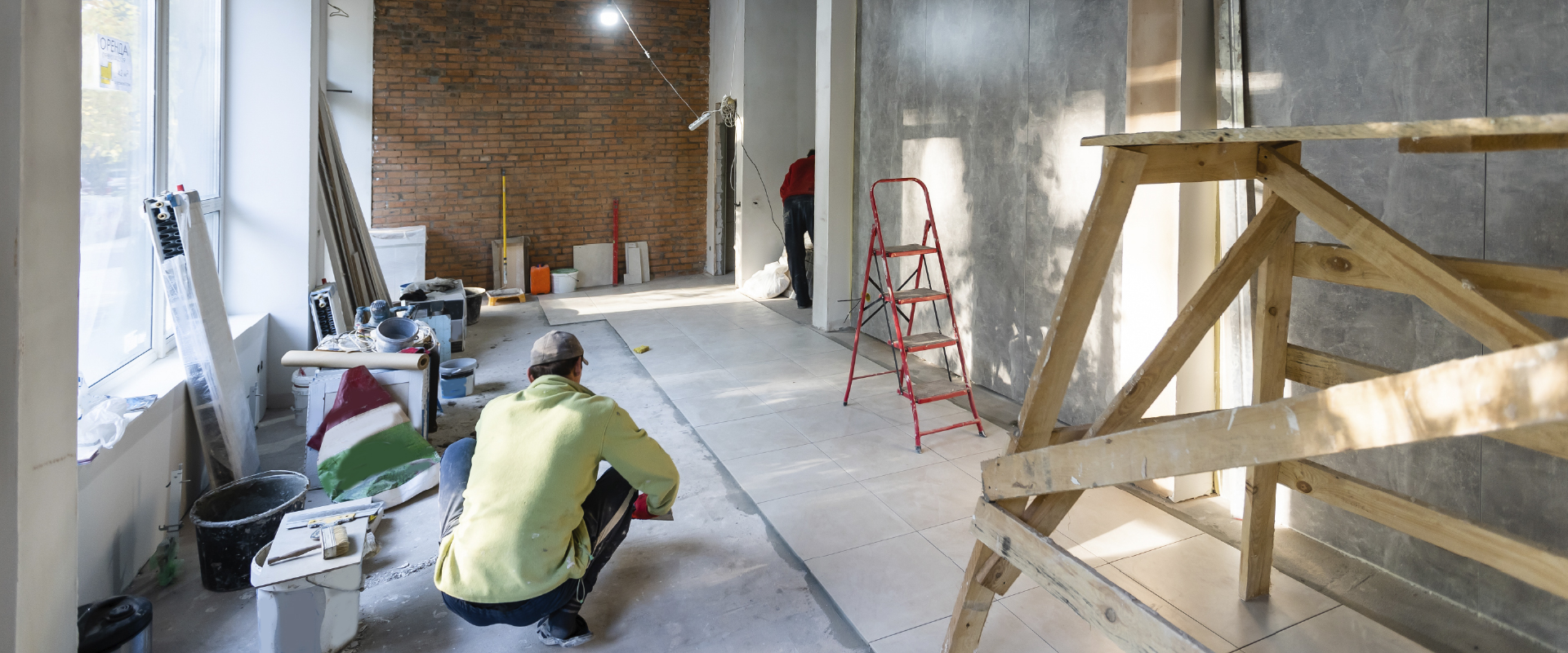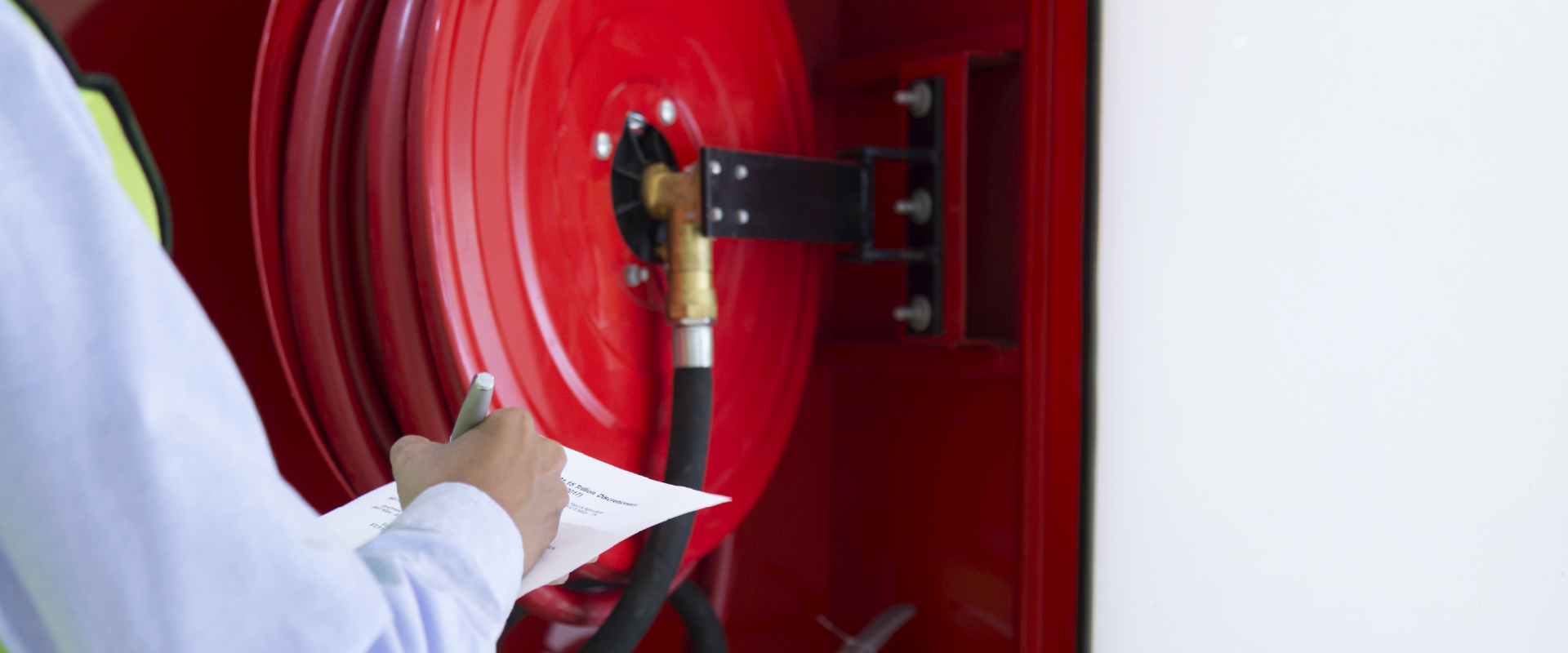It’s a paradox that’s all too familiar: a property enduring water damage after fire. The aftermath of a fire is often far more complex than mere smoke and fire damage. Water damage resulting from firefighting efforts can compound the already daunting task of restoration. Mold can accumulate in damp places, making the need for a restoration company all the more necessary. If you’re facing this situation, CRUSA Construction and Restoration is here to help you navigate this challenge.
Causes of Water
Damage After a Fire
There are multiple ways a fire can lead to water damage. Understanding these causes can help inform your restoration efforts and potentially aid in prevention.
Firefighting Efforts
Ironically, the very efforts that save a property from total destruction by fire can also be a source of water damage. Fire departments often deploy a substantial amount of water to suppress a fire, which can lead to standing water and additional damage.
Burst Pipes
A fire’s intense heat can sometimes cause water pipes to burst, leading to sudden and severe water damage. This issue is particularly pertinent in cases of commercial water damage where large buildings may have extensive piping.
Compromised Roofing and Water Access Points
The structural damage from a fire can compromise your property’s roofing and other water access points. This damage may allow external elements, including rainwater, to penetrate your property, leading to further water damage.
Understanding and Addressing
Water Damage
The process of addressing water damage involves multiple steps, including damage assessment, risk mitigation, and the water damage restoration process itself.
Assessing the Damage
Accurate assessment of water damage is crucial to plan the restoration process. Professionals use moisture meters to determine the extent of water infiltration in different materials, helping to develop a comprehensive water damage cleanup strategy.
Mitigating the Risks
Water damage can lead to secondary problems, such as mold growth and contamination from hazardous materials. Rapid water damage cleanup and appropriate handling of hazardous materials are critical steps in mitigating these risks.
Water Damage Restoration Process
The restoration process involves several stages, including water extraction, drying and dehumidification, cleaning and sanitizing, and finally, repair and restoration. Professional restoration companies, like CRUSA Construction and Restoration, utilize proven methods and advanced equipment for effective water damage restoration.
Prevention
and Preparedness
While water damage following a fire may be inevitable, some measures can help minimize its extent and impact.
Fire and Water Damage Prevention Measures
Simple steps like regular maintenance of your fire sprinkler system can help prevent unnecessary water discharge. Ensuring good condition of your roofing and plumbing system can help prevent easy access points for water during a fire incident.
Emergency Planning
Having a well-thought-out emergency plan can minimize the damage when disaster strikes. A priority disaster response program can be invaluable in enabling swift and effective action, limiting the extent of both fire and water damage.
Get Water Damage
Help with CRUSA
At CRUSA Construction and Restoration, we are experts in complex water damage repairs, offering residential as well as commercial services. Smoke damage, mold growth, and contents restoration are just some of the areas that we specialize in. As disaster recovery specialists, we understand the intricacies of dealing with water damage after fire and have the skills, experience, and equipment to restore your property effectively throughout the cleanup process.
For expert help dealing with water damage after a fire, contact CRUSA Construction and Restoration today. We are your trusted residential and commercial water damage specialists, offering professional, timely, and effective restoration services to help you reclaim your property and peace of mind.
Frequently Asked Questions
Quick action is crucial when dealing with water damage. Ideally, water damage cleanup should begin within 24-48 hours after the incident to prevent mold growth and further damage.
While minor water damage can sometimes be handled independently, professional assistance is often necessary due to the potential risks, such as exposure to hazardous materials and structural instability.
The water damage restoration process typically involves water extraction, drying and dehumidification, cleaning and sanitizing, and repair and restoration.
Yes, untreated water damage can create conducive conditions for mold growth, which can lead to additional property damage and potential health risks.
Regular maintenance of your fire sprinkler system and plumbing, along with the integrity of your roofing and other water access points, can help prevent water damage.



